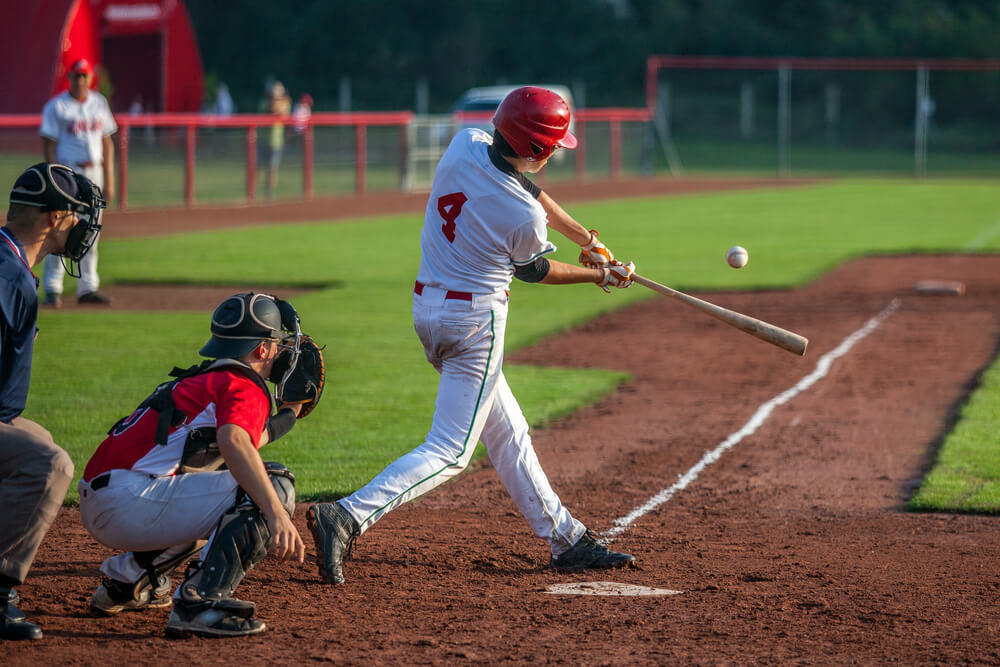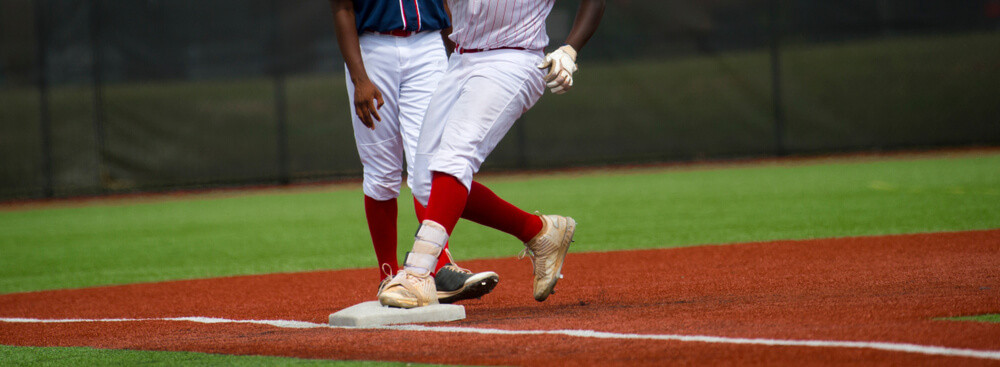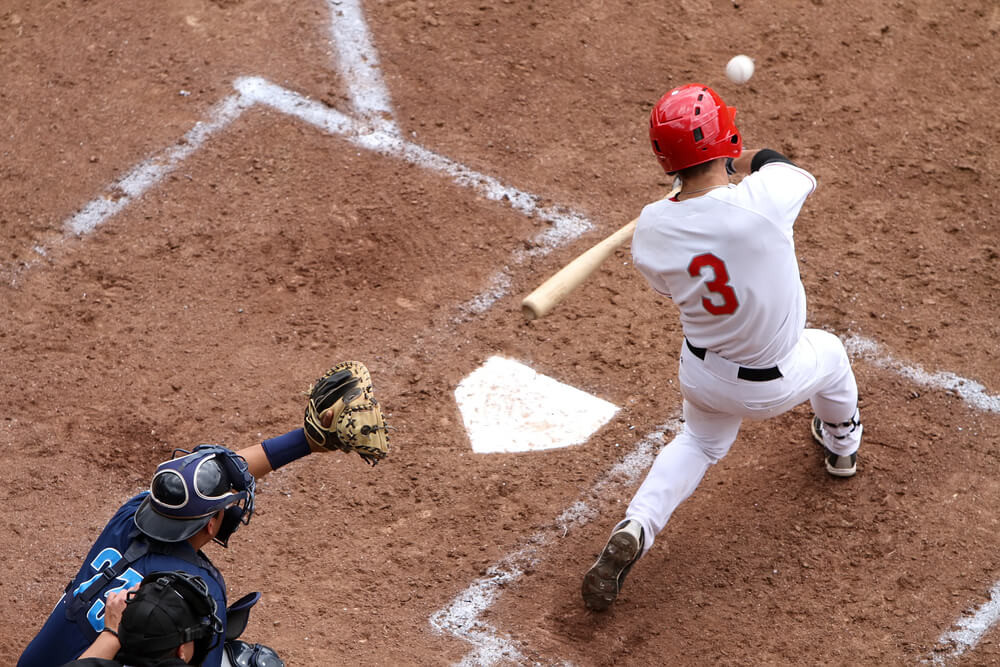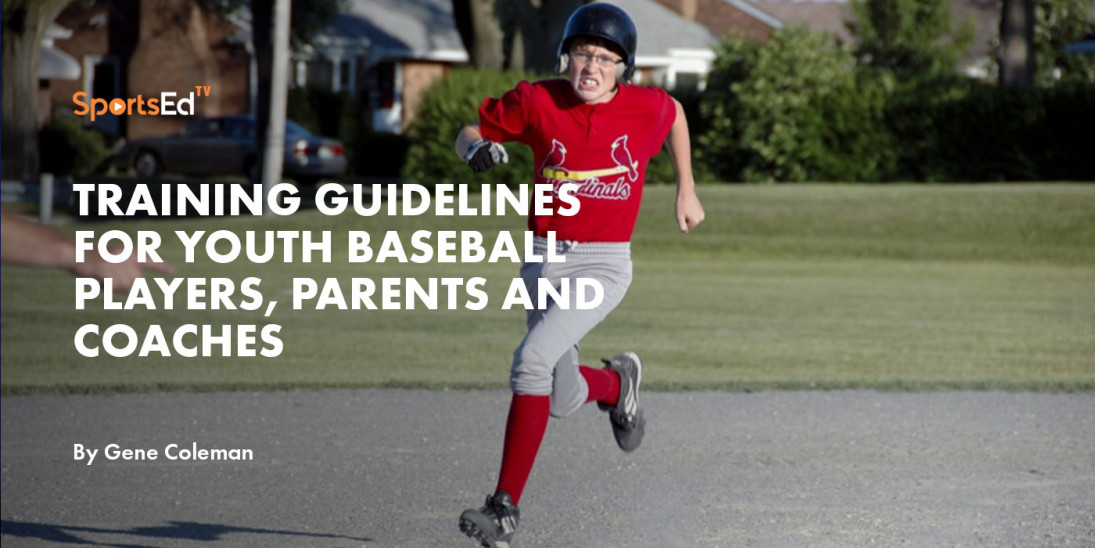Baseball, Mental Health
Welcome and thanks for visiting...

Should You Play or Practice More?

Like the “which comes first, chicken or egg?” riddle, the practice versus play sports puzzle has a two-sided answer.
The topic was famously headlined by basketball Hall of Famer, Allen Iverson when he skipped an NBA Playoff practice and caused friction with his coach, Larry Brown.
Some might agree with Iverson that Brown was out of line for criticizing him for missing practice. After all, it was just practice. He didn’t miss a game. He just missed practice. What’s so important about practice?
Well, playing is important, especially at the professional level where WINNING is the most important thing. Some might argue that we play a sport, such as baseball, to play baseball, not to train to play baseball. When you play in games, you learn the rules and strategies through the process of trial-and-error which can be refined with good coaching and game experience.

There is no substitute for the experience gained by playing in a real game. You can’t simulate or imitate the numerous nuances of the game in real-time, it’s not possible. Games provide the reaction elements of baseball that make it unique. No matter how hard or how much you practice, you can’t be prepared to defend against a squeeze play or perform a cut-off and relay if you have never executed them in an actual game. Game reps are essential for player development.
But how about learning the skills of the game? Are games the most efficient and effective way to develop skill sets? Successful coaches will tell you that playing real games, while important, has a minimal effect on skill development. Why? Because playing in a game doesn’t offer enough repetitions to improve the fundamental skills needed to improve hitting, fielding, throwing, pitching, base running, sliding, etc. Most improvements occur during practice when players are given enough time and opportunities to work on specific skills with concentration and immediate feedback.
Take a look at any kids’ games. During play how many times do they swing a bat, or catch a ball or made a throw. Usually, they’ll bat two or three time and unless they pitch or catch, they’ll get to touch the ball once or twice during a game.

Why do you think the pros take ground balls and practice catching fly balls during batting practice? It’s not because of tradition. It’s because they don’t get enough reps during games to maintain and improve skills.
In theory, if you only play games, you will eventually get better. In real life, however, playing lots of games without practicing skills and correcting mistakes from previous games is not the best way to improve performance.
Game success comes from skills and abilities developed in practice.
You can’t play effectively without practice. You have to practice essential skills until you are comfortable enough to apply them in-game situations.
Purposeful, efficient, meaningful practice is a must. More importantly, the quality of practice is more significant than the quantity.
Fewer good reps are better than a lot of lower-quality reps. Practice versus game reps is no different. Quality practice reps develop skills and improve ability on a continuous basis. Playing a lot of games provides limited time and opportunities to develop skills.
You have probably heard the phrases “You play like you practice” and “Practice is Permanent.” That’s because when you practice and train, you not only train your muscles, you train your brain.
Your brain’s going to accept your practice input - purposeful or sloppy. It’s foolish to believe your game performance will be OK when your practice has been lax, or lazy.
Winning occurs when quality practice supports quality in-game performance.




